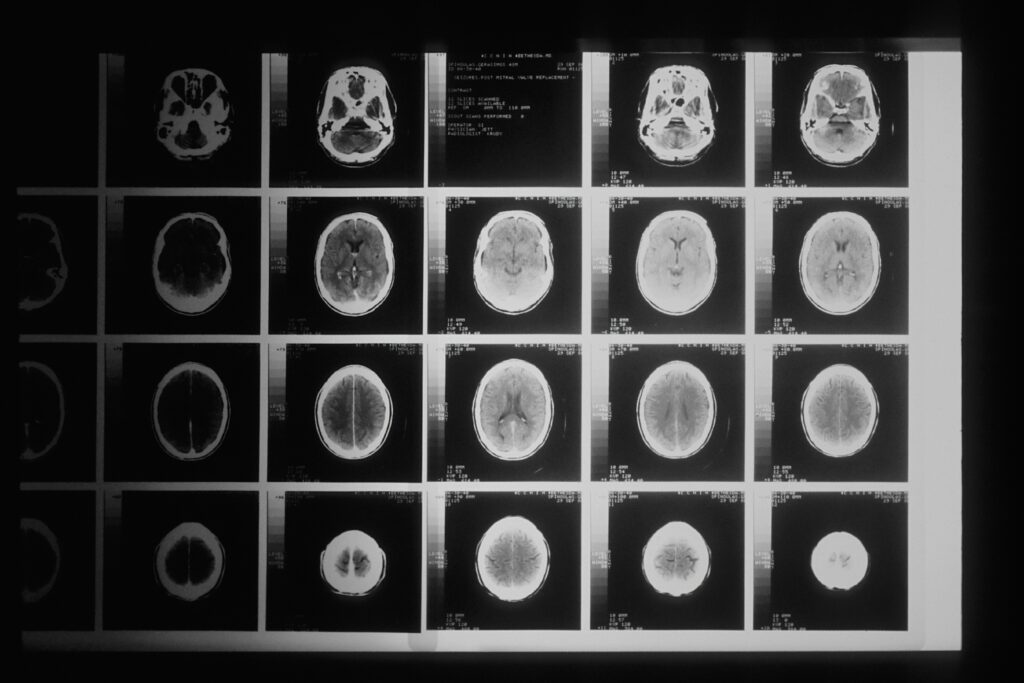
In October of 2021, pursuant to the triennial review process of the Digital Millennium Copyright Act (“DCMA”), the Library of Congress (the “Library”) promulgated rules exempting certain classes of copyrighted works, e.g., medical software in devices like CT scanners and MRI machines, from anti-circumvention provisions of the DCMA. Thereafter, two medical trade associations filed suit, arguing that the exemption for repair of medical devices must be declared to be unlawful and void, and any enforcement of it enjoined, pursuant to the Administrative Procedure Act (“APA”). This case helps to clarify whether opponents to the right to repair can use judicial review under APA to challenge future DMCA exemptions.
The DMCA prohibits circumvention of technological protections that limit access to digital copyrighted material to prevent piracy and unlawful reproduction. Because such measures can frustrate fair use by third parties, Congress has authorized that every three years, the Library is to identify classes of copyrighted works that should be exempt from the DCMA’s anti-circumvention provision. The process: one can apply to the Library for an exemption, a public comment period follows, the Copyright Office makes recommendations, then the Library issues rules. Prompted by independent service operators who argued they could not perform maintenance or repairs on certain medical devices, the Library allowed an exemption to the DCMA’s anti-circumvention provision to address medical device software.
Here, the District Court for the District of Columbia held, in part, that such claims were barred by sovereign immunity because the Library was part of “Congress” and not an agency subject to review under the APA. On Appeal, the Court disagreed, stating that the “agency” question missed the point. Instead, reading Sections 701(e) and 702 of the Copyright Act together with the DMCA, the Court concluded that DCMA rules, like other copyright rules, are indeed subject to APA review, which provides waiver of sovereign immunity. The Court concluded that the Copyright Act stated that “all actions” of the Register of Copyrights under Title 17 – which consists of rules that must be approved by the Librarian – are subject to the APA. The Court also mentioned that there was no “indication in the DMCA that Congress, having allocated this substantial regulatory power to the Librarian and Register,” would go unchecked by judicial review. As such, the Court noted that Congress does provide for APA review of the DMCA regulations by statue despite whether the Library is an agency and the fact that the DMCA is silent with respect to judicial review. The Court vacated and remanded, directing the lower court to address the APA claims.
Proponents of the right to repair medical devices may see this case as a setback: a way for medical devices makers to increase profits without concern that such restrictions may delay the repair of medical equipment and result in patient harm. Opponents may see this case as a victory: a way to ensure patient safety by allowing only approved repairers/repairs. Regardless, this case does not address the substance of the issue as it merely provides for APA review of DCMA exemptions. Both proponents and opponents will want to follow the remanded action, where the exemptions themselves will be examined.
